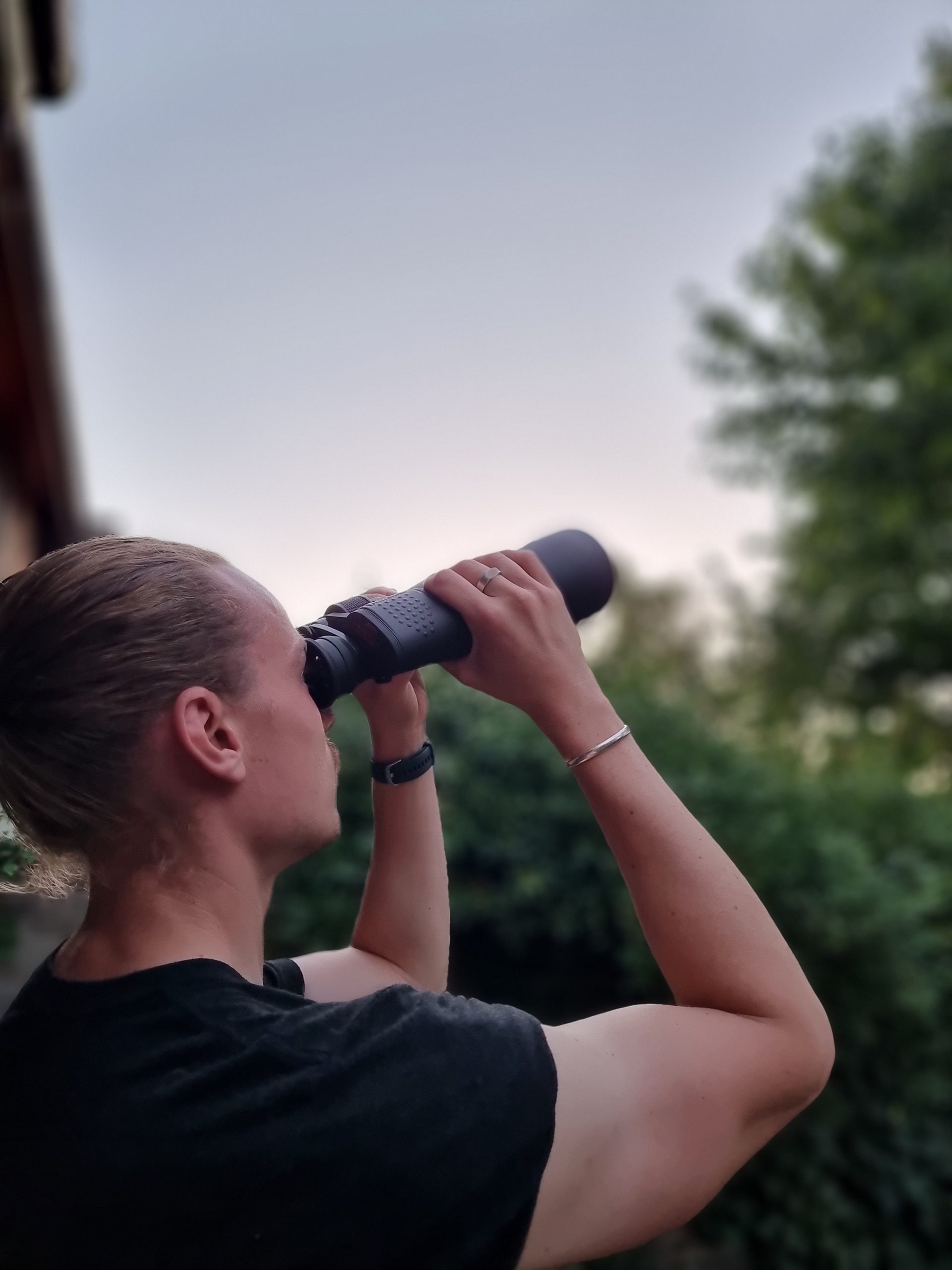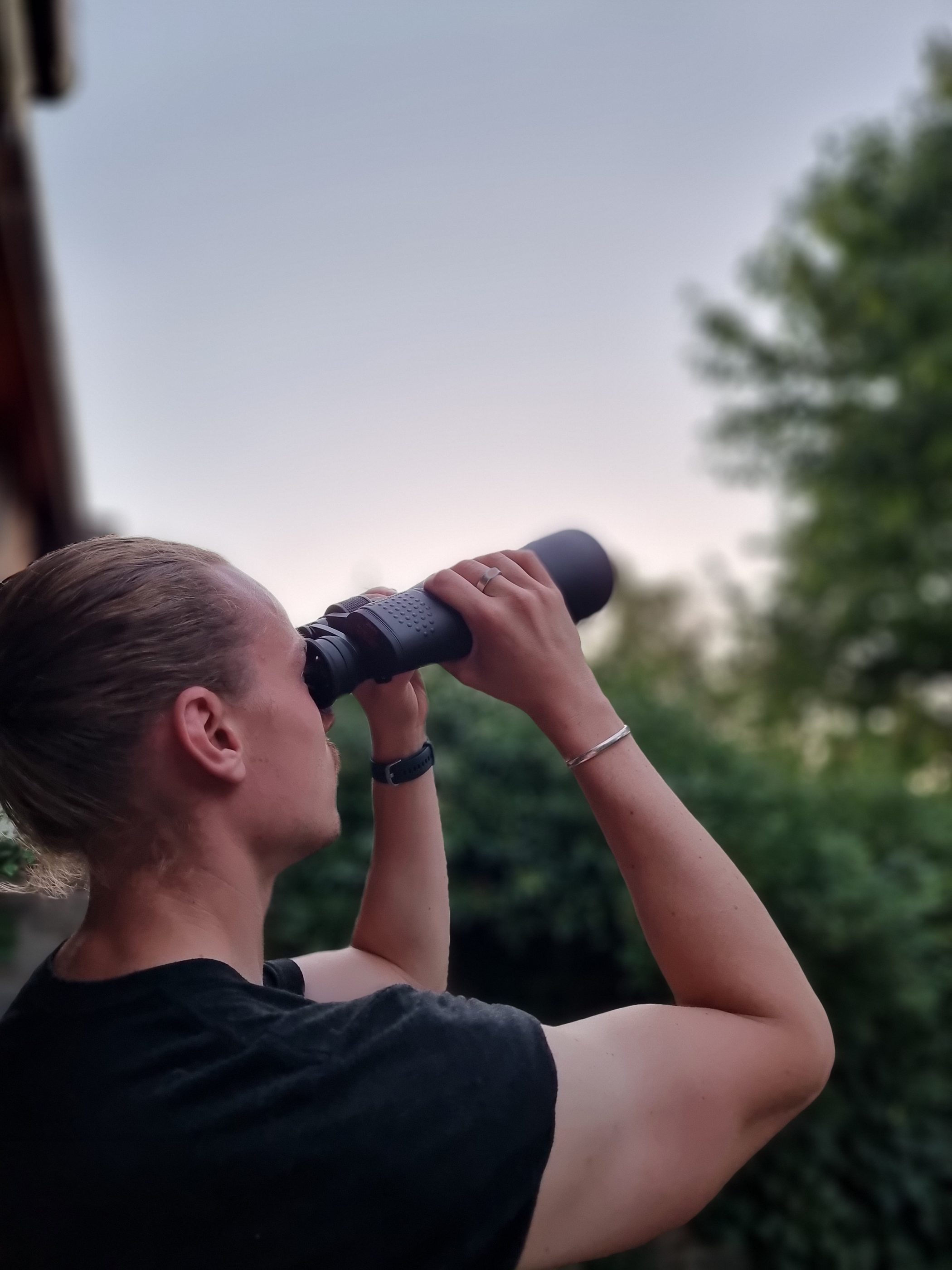Burping, as we all know, is an unavoidable involuntary human act. Or, in some cases, it’s voluntary. But what about for astronauts specifically? Can, or would they want to in space? And if so, what would happen once they belch? Here is the surprising truth…
So, can Astronauts burp in space? Astronauts can burp in space. However, it doesn’t just come out as air and gas. Burps in space come out wet! Yes, that’s right, the food and liquid in the astronaut’s stomach at the time would be involentry ejected. This act is known as a ‘Bomit.’ So, whilst burping in space is possible, it’s not advised.
If we can’t burp in space, then surely no one can ever risk traveling up there?
What’s the point of eating a delicious space meal, only to then not be able to pay your compliments to the chef by letting out a deafening belch?
Well, today, we’re going to find out all there is to know on burping in space and why it’s different up there amongst the stars.
What Happens If An Astronaut Burps In Space?
When an astronaut burps in space, they will also vomit.
We all know that the conditions in space are vastly different from those on Earth.
There’s no oxygen in space, but there’s also a minuscule amount of gravity.
When we need to burp within the confines of Earth’s gravitational field, the gases we are about to release from our stomachs have risen to the top by their own accord because they are so light.
These gases are then unleashed upon the other dining guests whether we give them permission or not.
The rest of our stomachs’ contents is kept where it is by gravity (unless we’ve had one or two cocktails too many with dinner).
In space, this isn’t the case due to there being such a lack of gravity present.
The gases in your stomach won’t rise. Instead, they’ll mix in with the food, liquid, or pencil that you’ve swallowed recently.
If you burp, the gas is still going to be forced up through your stomach until it exits through your mouth.
Except for this time, it won’t be coming out alone.
It will be joined by its new friends with whom it has become quite intimate with.
Yes, it’s a horrible image, isn’t it?
You burp your breakfast up in space then have to watch it float around.
Or worse, you’re trapped with it in your spacesuit.
Yuck!
Although, and please, if I’m going too far, please stop me, it could make for an extreme battle of sick-ball……. I went too far.
Sorry. Let’s move on.
It really is an occupational hazard.
How many of us burp without even thinking?
I know my partner does.
She’d be drowning in her spacesuit nearly every day.
So, burping in space isn’t a good idea.
Now, I know exactly what you’re thinking. ‘No, don’t take away farts as well.’
Well, farts are perhaps a bit more deadly in space.
Flammable gases being released, like methane, in pressurized space station capsules could be a recipe for disaster.
Things could get explosive, literally.
But I think we’ll just focus on the gases coming out of the mouth today.
Both ends are probably a bit too much at once.
Right, anyway, enough of this silliness.
How on Earth are we going to stop burping in space?
How Do Astronauts Stop Themselves from Burping In Space?
There are many ways. Astronauts can try and reduce the amount they burp in space. Methods range from preventive measures such as gas limiting to burping techniques that keep the liquid and food back down.
NASA doesn’t allow astronauts to take fizzy and carbonated drinks on their space travels.
This includes beer as well.
Think about it.
What happens after you’ve had a drink that fits into the above categories?
You burp.
And if you’ve had multiple, you burp a lot.
So, no astronauts dare bring up any such drinks as a preventative measure.
Some astronauts have created techniques to avoid this problem.
If you can burp with your mouth closed, then this will work. However, you’ll have to experience that space lunch all over again with a new sauce called stomach acid.
Other astronauts create momentary artificial gravity forces by pushing themselves off walls.
This generates a small window of opportunity to let the burp out whilst keeping everything else down below.
Of course, you could just limit what you consume, but this won’t make your work trip above Earth the most pleasant.
You’ll return to Earth dehydrated and exhausted, leaving a one-star review for the experience.
Having to burp is an inevitable event for any astronaut when you consider how long they spend up in space.
Whilst so far we’ve discovered that burps can be a messy inconvenience, they can be dangerous as well.
If floating liquids or solids find their way into sensitive instruments, then a problem could arise.
Techniques that frequent burpers on Earth use to limit their burping activity could also come in handy.
For example, foods high in sugar, starch, and fiber are connected to higher burp rates.
Aerobic exercise and certain lying positions can also help the gases leave the body without having to let out a big old belch.
Finally
Burping. It’s a humbling human experience that nature puts upon us.
It’s a necessary bodily function.
Better out than in is what they say. In space….yeah, it’s probably best to keep it in.
NASA will assist their recruits in trying to refrain from burping, but when you consider the consequences of a loose ‘bomit’ floating around the space station, it’s going to come down to human instinct for survival.
Sacrificing a few of your favorite foods or fizzy drinks is an easy price to pay for receiving the amazing experience of visiting space.
It will also keep morale high.
Let’s face it, you and your colleague won’t be able to look each other in the eye once they’ve spent ten minutes trying to float away from your awol space dinner.
And perhaps diapers are useful for astronauts after all!
Wondering what else astronauts can and cannot do? Then my other guides may be of interest:
- Can Astronauts Fart In Space?
- How Do Astronauts Brush Their Teeth?
- Do Astronauts Shower In Space?
- Do Astronauts Wash Their Clothes In Space?
- Can Astronauts Have Tattoos?
- Can Astronauts Smoke In Space?

Hey, my name is Jeremy. I’m a passionate and seasoned astronomer who loves nothing more than observing the night sky. I also love researching, learning, and writing all things Space and the Universe. I created Astronomy Scope to share my knowledge, experience, suggestions, and recommendations of what I have learned along the way while helping anyone to get into and maximize their enjoyment of the hobby.

